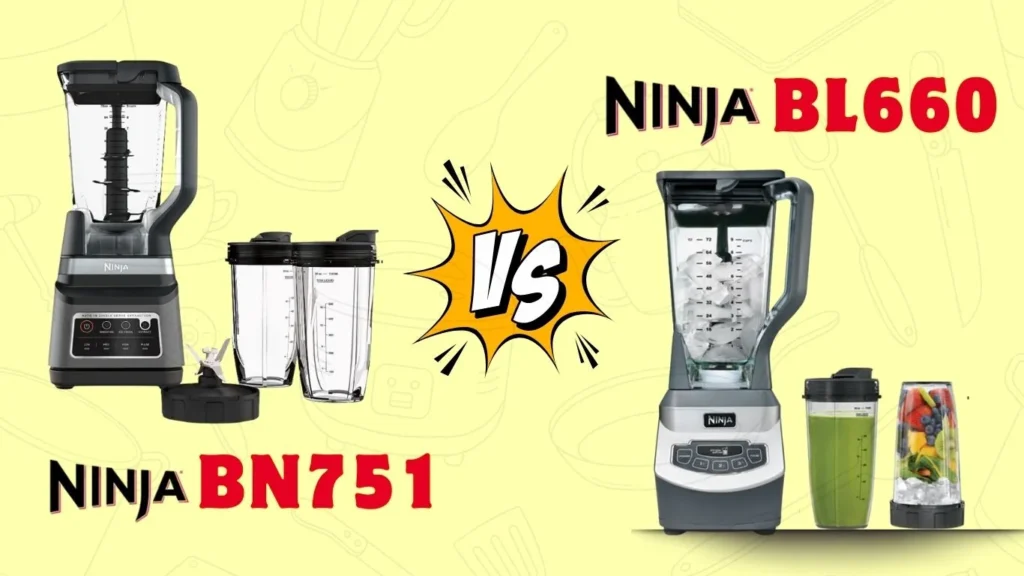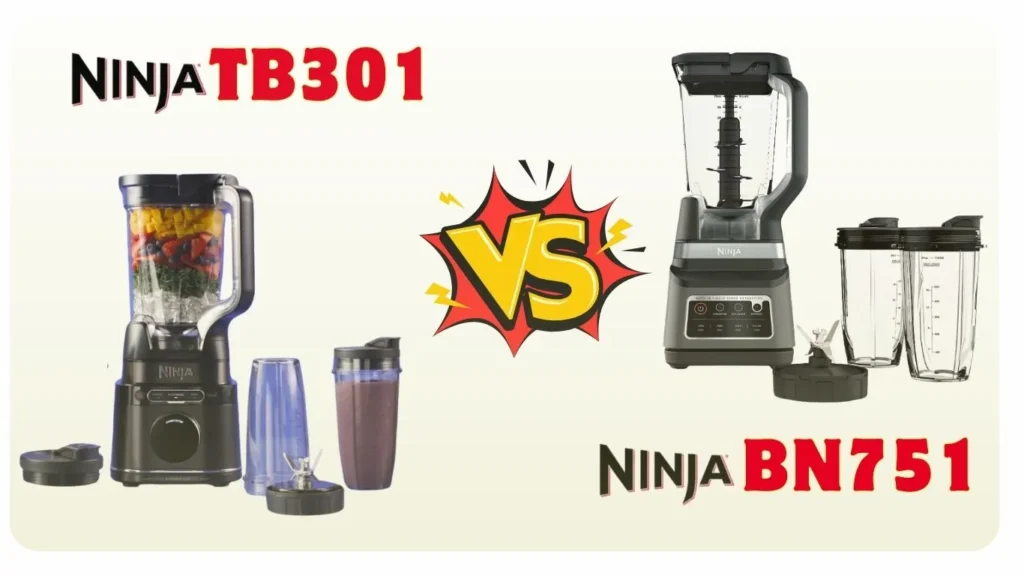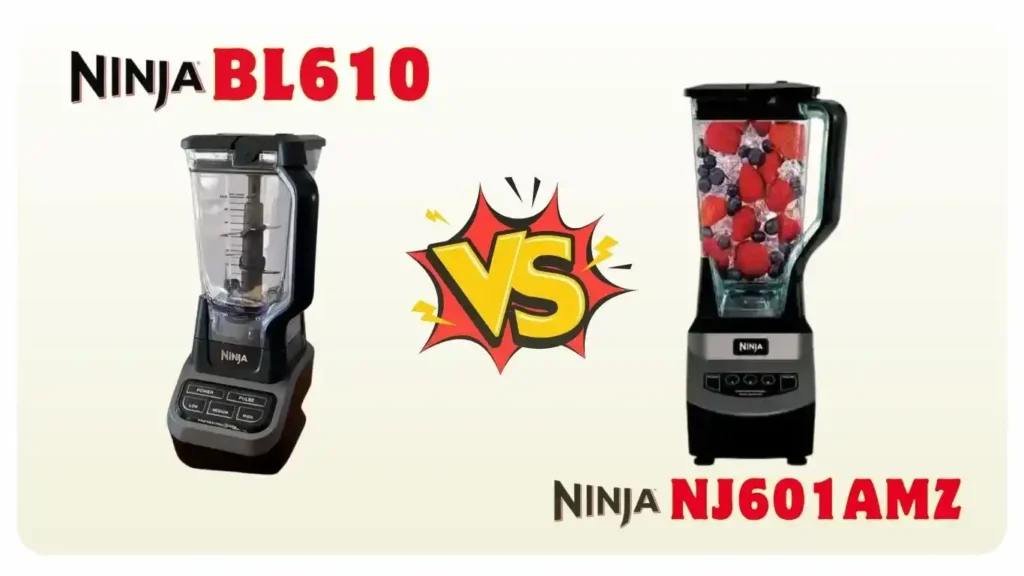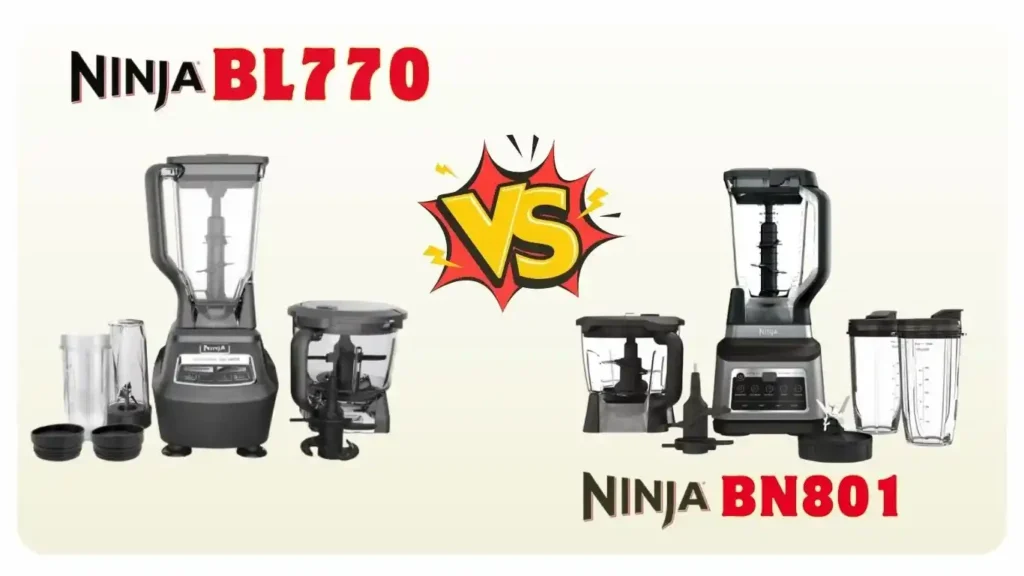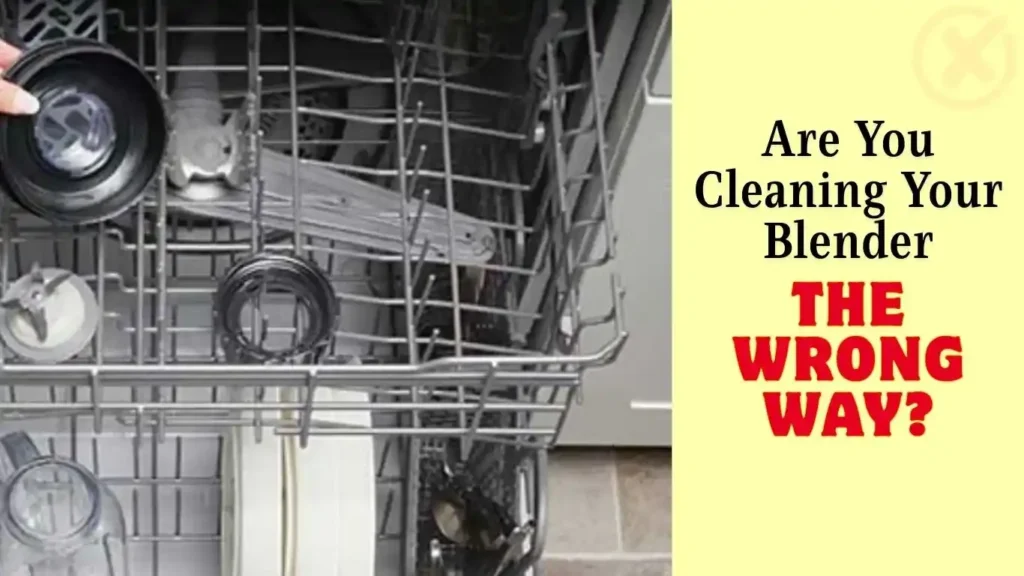
Have you ever finished making a smoothie or sauce and wondered, “Can I just toss my blender in the dishwasher?” You’re not alone. Cleaning your blender quickly is a priority, but you want to make sure you don’t damage it.
Knowing the right way to clean your blender saves you time, protects your investment, and keeps your kitchen running smoothly. Keep reading to find out exactly what you should—and shouldn’t—do when it comes to putting your blender in the dishwasher.
Your blender will thank you.
Which Blender Parts Are Dishwasher Safe? A Complete Breakdown
The blender jar, whether glass or plastic, is often safe for the dishwasher. Place plastic jars on the top rack to prevent them from melting. Metal blades are usually not dishwasher safe, as they can rust or get dull. The rubber gasket and blade assembly need gentle hand washing to keep them in good shape.
Parts made from stainless steel and hard plastic often handle dishwasher cleaning well. Soft materials, like rubber or foam, can warp or break in hot water. Electronic parts, such as the blender base with buttons and motor, must never go in the dishwasher. Water can damage these parts and cause malfunctions.
| Blender Part | Dishwasher Safe? | Notes |
|---|---|---|
| Jar (Glass or Hard Plastic) | Yes | Place plastic jars on top rack only |
| Blades | No | Hand wash to avoid dulling and rust |
| Rubber Gasket | No | Hand wash to keep shape and seal |
| Base (Motor & Electronics) | No | Never put in dishwasher or submerge in water |
Credit: www.reddit.com
Why Putting Your Blender in the Dishwasher Can Be Risky
Putting your blender in the dishwasher can lead to serious damage. The motor base is not made for water or steam. If it gets wet, the motor can short out and stop working. The seals and blades also take a hit in the dishwasher. Hot water and strong spray wear them down. The seals can leak. The blades can lose their sharp edge fast. Over time, your blender may leak or blend poorly.
Plastic parts are another problem. Heat from the dishwasher can warp or crack them. This makes the blender unsafe to use. It also hurts its performance. Many people think all kitchen tools are dishwasher-safe. That’s not true for blenders. According to research of 2015, about 67% of U.S. households had a dishwasher, and among those, 80% actually used the dishwasher regularly. But key blender parts should never go in.
I live in Florence, Alabama, and I test blenders all the time. I’ve seen what repeated dishwasher cycles do. Blades get dull. Rubber gaskets weaken. Parts break much sooner than they should. That’s why most blender makers say the same thing: wash by hand. A quick rinse with warm water and mild soap will make your blender last much longer.
Best Ways to Clean Blender Parts Without Damaging Them
Some blender parts are delicate and need gentle care. Wash the blades and seals carefully by hand with warm, soapy water. Be gentle so you don’t damage the sharp edges or seals. Use a soft sponge or cloth for safety. Rinse well and dry parts completely to stop rust or mold.
The blender jar and lid can often go in the dishwasher. Always place plastic parts on the top rack to avoid heat damage. Use a gentle cycle and mild detergent. Avoid putting the motor base in the dishwasher. Water and electronics do not mix well.
| Common Cleaning Mistakes | How to Avoid Them |
|---|---|
| Putting motor base in dishwasher | Always clean motor base with a damp cloth only |
| Using harsh scrubbers on blades | Use soft sponges to protect blades and seals |
| Not drying parts fully | Dry all parts well to prevent mold and rust |
What Blender Manufacturers Recommend for Safe Cleaning
Check the blender manual before washing. Some blender parts can go in the dishwasher, but others cannot. The jar and lid are usually safe, but the motor base should never be washed this way.
| Brand | Cleaning Advice |
|---|---|
| Oster | Jar and lid dishwasher safe; hand wash base only. |
| NutriBullet | put the cups on the top rack of the dishwasher and wash the blades by hand. |
| Vitamix | Hand wash all parts; avoid dishwasher to protect finish. |
Contact customer support if unsure about cleaning your blender. They provide safe washing tips and warranty details. Avoid damage by following their advice.
Easy Alternative Methods to Clean Your Blender
A blender can be cleaned easily using vinegar and baking soda. Pour half a cup of vinegar into the blender. Add one tablespoon of baking soda. Let the mixture bubble and sit for a few minutes before rinsing. Then, fill the blender halfway with warm water. Blend on low speed for 30 seconds. Rinse well with clean water. This method helps remove odors and stains without scrubbing.
Blenders can be cleaned without taking them apart. After using, fill the blender halfway with warm water. Add a drop of dish soap. Blend on low for 20 seconds. Rinse with clean water. This quick trick cleans blades and container easily. No need to remove the blade or other parts.
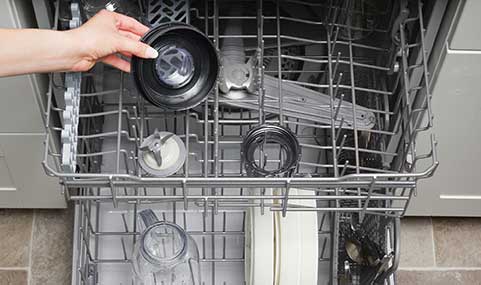
Credit: www.blackanddeckerappliances.com
How to Maintain Your Blender for Long-Lasting Performance
Regular cleaning keeps your blender working well. Wash the jar and lid after each use. Avoid putting the blender base in the dishwasher to protect its motor. Wipe the base with a damp cloth. Never soak the base in water.
Store the blender in a dry place with the lid off. This stops bad smells and mold. Keep blades sharp by checking them often. If you blend ice or frozen fruit often, see our guide on is it safe to put ice in a blender. Replace dull blades to blend smoothly.
| Signs You Need Replacement Parts | What To Do |
|---|---|
| Blender leaks from the bottom | Change the rubber gasket or seal |
| Blades do not spin or are noisy | Replace the blade assembly |
| Motor smells hot or stops working | Check motor or get professional help |

Credit: www.nytimes.com
Final Thoughts: The Safest Way to Clean Your Blender
Blenders can be tricky to clean, but dishwashers help. Most blender parts, like jars and lids, fit well in dishwashers. Blade assemblies need careful handling and may not be dishwasher safe. Always check the manufacturer’s instructions before washing. Proper cleaning keeps your blender working longer and your kitchen safe.
Quick hand washing can also save time and protect parts. Keep your blender clean, and enjoy fresh smoothies anytime. Simple steps make cleaning easy and stress-free.
Blender Cleaning FAQs: Dishwasher Safety and Expert Tips
Can You Wash Blender Jars In A Dishwasher?
Most blender jars are dishwasher safe, but check the manufacturer's guide first to avoid damage.
Is It Safe To Put Blender Blades In The Dishwasher?
Blender blades are usually dishwasher safe, but hand washing extends their sharpness and lifespan.
Will Dishwasher Heat Damage Blender Parts?
High dishwasher heat can warp plastic parts or dull blades, so use top rack or hand wash.
Can Dishwasher Soap Harm Blender Seals Or Gaskets?
Strong dishwasher detergents may wear out seals and gaskets faster; gentle hand washing is safer.
Should I Disassemble The Blender Before Dishwasher Cleaning?
Yes, disassemble the blender for thorough cleaning and to prevent parts from getting stuck or damaged.
How Often Should I Clean My Blender In The Dishwasher?
Clean blenders after every use to keep them fresh and avoid bacteria buildup.

Hi, I’m Joshua Miller, a U.S.-based food lover, review writer, and Co-founder of KitchenWink.com. I hold a Bachelor of Science in Food Science and Culinary Technology, and for over five years I’ve been testing kitchen gadgets like air fryers, blenders, and other cooking tools.
I’m also a home cook, so every product I review is tried in real kitchens—not just in theory. My reviews are based on real results, simple fixes, and tips that anyone can use. With both formal training and hands-on testing, I make sure my advice is clear, honest, and practical.
My goal is simple: to help home cooks choose the right tools and make cooking easier every day.

